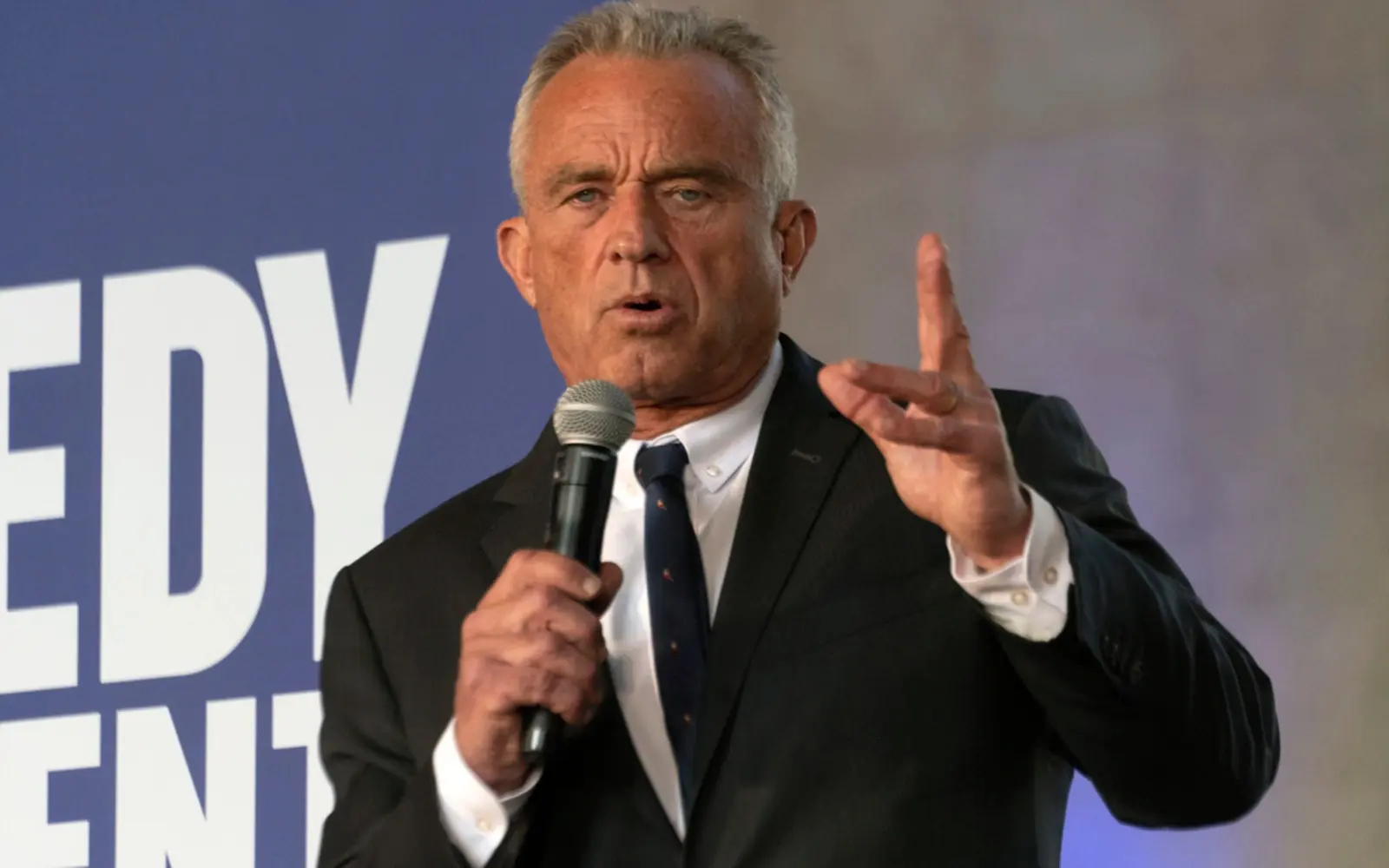
On the 14th November, President-elect Donald Trump announced his nomination for health secretary: Robert F. Kennedy Junior. This was not unexpected given the implications that Trump made even before his victory that he wanted RFK Jr. in his administration even before his presidential victory. RFK Jr. was himself in the race for the presidency until August of this year, when he dropped out and announced his endorsement of Donald Trump. In some states, however, he remained on the ballot, and received just shy of 600,000 votesnationwide.
Trump’s proposed administration has been controversial, with appointments for the Secretary of Defence, and Attorney General receiving mixed reviews, even from fellow Republicans, and these concerns extended to RFK Jr’s nomination as Health Secretary. Kennedy’s nomination has also kickstarted a sharp decline in health stocks (including drug and vaccine makers), while stocks in Pepsi and Coca-Cola have declined as well. This decline is in part due to RFK Jr.’s plans to come after ‘Big Pharma and Big Food’ as well as the FDA, whom he views as a corrupt organisation.
The decline is also undoubtedly linked to Kennedy’s views on vaccination. RFK Jr. is the chair of Children’s Health Defence, a group that is notoriously anti-vaccine, and a large contributor to the vast misinformation surrounding vaccines. RFK Jr. has spread much of this, particularly referring to the conspiracy theory that vaccines cause autism, a theory that has been debunked by organisations such as the CDC and the WHO, and whose academics have retracted the supporting evidence they found in 1998. He has also said that it was ‘criminal medical malpractice’ to give Covid-19 vaccines to children, and his charity has posited that the increase in deaths amongst young people was due to the nationwide push of the vaccine. Kennedy also spread a number of other conspiracy theories regarding public health, including that WiFi causes cancer and that Covid-19 was engineered to target black and caucasian people.
A number of organisations and individual physicians have expressed concern over the nomination. One physician voiced concerns based specifically on RFK Jr.’s role in the Samoa measles outbreak. IN 2018, two infants in Samoa died after receiving an MMR (measles, mumps, and rubella) vaccine that was prepared incorrectly. As a result, the vaccine program was placed on hold, bringing with it a wave of misinformation, in large part from Kennedy and his charity. When the program was reinstated, there was a significant drop in vaccination against measles. The following year a sick traveller brought measles to the island, resulting in 5,700 sick people and 83 dead, the majority of whom were young children. RFK Jr. denied any wrongdoing.
Despite his record on vaccinations, RFK Jr. has denied being anti-vax and has stated that he won’t ‘block or ban vaccinations’ should he be confirmed by the Senate. He has, however, also said that ‘people ought to have a choice’ over whether to be vaccinated. At present, individual states set the vaccination requirements for children, however it is mandatory across all states for children over 5 to be vaccinated before they enrol in a public school. Kennedy’s statement about choice regarding vaccinations suggests that mandatory vaccinations could come to an end.
While it remains to be seen whether RFK Jr. will be confirmed by the US Senate, the concerns raised certainly cast some doubt as to whether he would be a suitable fit to run the Department of Health.
Image: ‘Independent presidential candidate Robert F Kennedy Jr entered the race in 2023‘, AP // CC BY 4.0



Average Rating